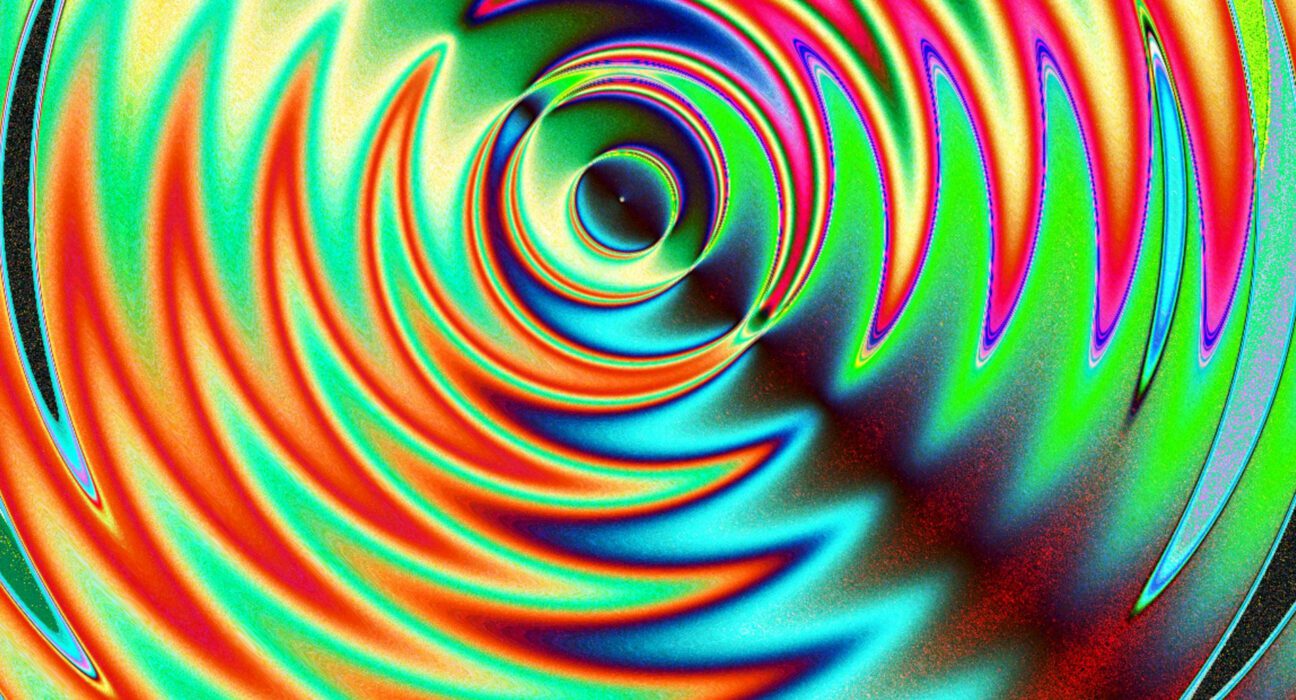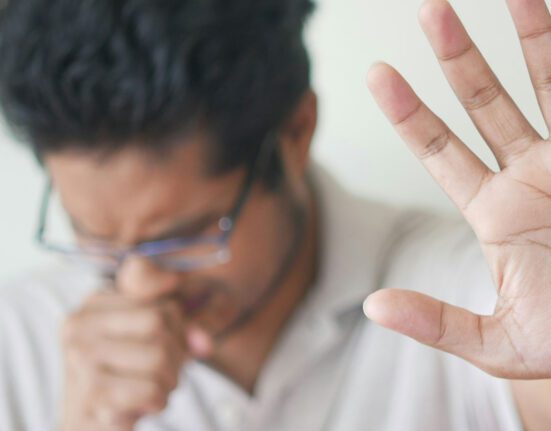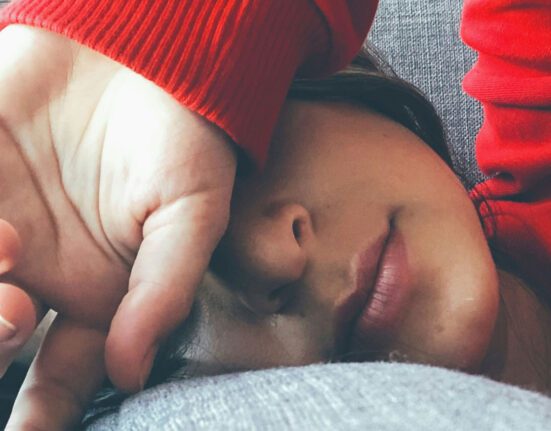Psychosis. What is it?
Psychosis is a rare but serious symptom in COVID-19 and may manifest as paranoia, disorganized thoughts, delusions, catatonia and hallucinations with delusions and hallucinations reported as the most common symptoms. This can occur both in people with and without a history of mental illness and cause significant impairment. Depending on the cause and severity, COVID-19 associated psychosis can require psychiatric hospitalization and treatment with antipsychotic medications1, 2, 3.
Typical Symptoms:
In psychosis related to acute COVID infection and hospitalization, symptoms may be more time-limited and be accompanied by confusion, disorientation and fluctuations in alertness and cognition and may resolve as underlying delirium, use of steroids or treatment of contributing medical conditions takes place 1, 2.
In psychosis related to Long COVID or in the setting of COVID triggering an underlying psychotic disorder, symptoms may last for a longer duration and are less likely to be accompanied by another neurological symptoms such as fluctuating and intermittent confusion and changes in alertness.
Symptoms have been reported to last anywhere between 2 to 90 days, though in many cases, patients have been observed to respond well to antipsychotic medication and have symptom resolution more quickly than would be expected in other primary psychotic disorders1.
Given the rarity of this complication and the unclear mechanism, research remains ongoing to better understand the association between COVID-19 and psychosis.
Who gets it?
Features observed in reported cases of COVID-19 associated psychosis include predisposition to mental health problems, possible increased prevalence in men, both younger and older age (under 18 years old and above 65 years old), use of medications such as steroids and some antibiotics and concurrent presence of conditions such as delirium and encephalitis2,3,5.
Possible Causes of Psychosis in Long COVID:
Individuals with both acute and long COVID can experience psychosis for a variety of reasons, including side effects of medications (such as steroids), hospital and ICU-acquired delirium (ie. Confusion), subsequent medical disease such as encephalitis, exacerbation of an underlying psychotic illness, triggering of a primary psychotic disease (both in patients with and without family history) or from neurological and inflammatory effects of the virus itself2,3,4. Severe psychological distress from the illness experience and the pandemic may also be contributing factors as studies found increased risk of first-break psychosis in the general population during the pandemic (Messina). Though there may be a higher incidence of psychosis with COVID-19, other viral infections and epidemics have been associated with psychosis, including during the 1918 Spanish flu pandemic, H1N1 influenza, SARS and MERS3.
Key Points:
- Psychosis can be a symptom in both acute COVID infection and Long COVID
- Depending on the contributing factors, may be time-limited and respond quickly to antipsychotic medications
- More severe illness may require psychiatric hospitalization following medical treatment of concurrent medical and neurological illness
- Severe psychological stress can contribute to new-onset psychosis, even in the absence of severe COVID-19 illness
In the shadows of Long COVID, understanding and compassion illuminate the path towards healing for those navigating the complexities of psychosis.
Long Covid The Answers
Relief:
If experiencing new or worsened symptoms of psychosis in the setting of COVID-19, individuals should seek care with a mental health specialist for evaluation and medication management.
Credible sources of information:
1.Taquet, M., Devinsky, O., Cross, J. H., Harrison, P. J., & Sen, A. (2022). Incidence of epilepsy and seizures over the first 6 months after a COVID-19 diagnosis. Neurology, 100(8). https://doi.org/10.1212/wnl.0000000000201595What is it?
2.Beach, S, Cacodcar, N, Baller, E, Levenson, J. American Psychiatric Association Resource Document on Acute Neuropsychiatric Sequelae of COVID-19 Infection. October 2023. https://www.psychiatry.org/getattachment/94fdf42f-fe8a-4d09-8758-db46c57cb478/Resource-Document-on-Acute-Neuropsychiatric-Sequelae-of-COVID-19.pdf
3.Messina, A, Signorelli, M. COVID-19 associated psychosis. Industrial Psychiatry Journal 32(2):p 215-221, Jul–Dec 2023. | DOI: 10.4103/ipj.ipj_27_23
4.Moccia L, Kotzalidis GD, Bartolucci G, Ruggiero S, Monti L, Biscosi M, Terenzi B, Ferrara OM, Mazza M, Di Nicola M, Janiri D, Simonetti A, Caroppo E, Janiri L, Sani G. COVID-19 and New-Onset Psychosis: A Comprehensive Review. J Pers Med. 2023 Jan 2;13(1):104. doi: 10.3390/jpm13010104. PMID: 36675765; PMCID: PMC9865730.
5.Varatharaj, A, Thomas, N, Ellul, M, et al. Neurological and neuropsychiatric complications of COVID-19 in 153 patients: a UK-wide surveillance study. Lancet Psychiatry. 2022; 7: 875. https://www.thelancet.com/journals/lanpsy/article/PIIS2215-0366(20)30287-X/fulltext








